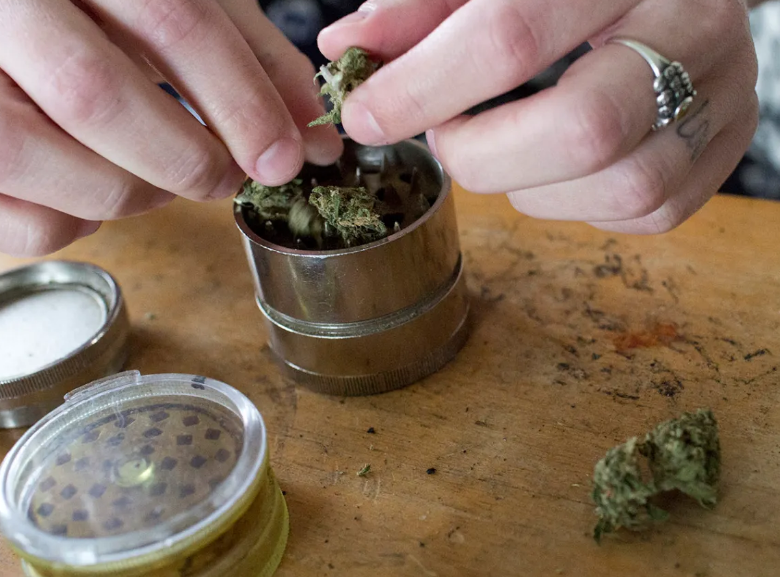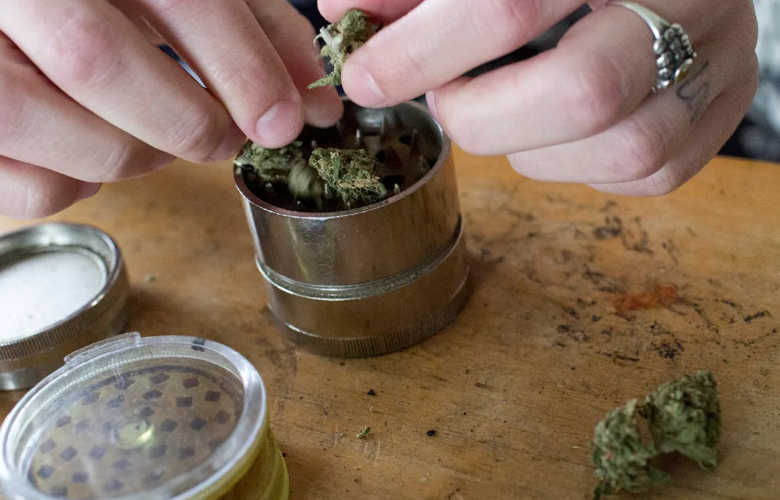A powerful Senate committee wants the Department of Veterans Affairs (VA) to get serious about considering medical cannabis for veterans—especially those battling chronic pain and stuck on opioids. But there’s a catch. It all hinges on the federal government finally moving marijuana out of the strictest category of controlled substances.
In short, if cannabis gets rescheduled, the VA may be asked to give its doctors the green light to recommend it in states where it’s already legal. And that could mark a big shift in how the U.S. treats its veterans, many of whom have been dealing with the brutal side effects of prescription painkillers for years.
Tied Hands and Federal Limits
The VA has long been in a bind. Its healthcare providers, even those working in states where medical marijuana is legal, can’t openly talk about it with patients—let alone recommend it. Why? Because weed is still listed as a Schedule I drug under federal law. That’s the same category as heroin.
But there’s momentum building. The Senate Appropriations Committee, in a recent spending report, pointed out that the Department of Justice has now agreed with a Health and Human Services proposal to move marijuana to Schedule III. That would put it in the same category as ketamine and anabolic steroids—controlled, but recognised as having medical use.
And that little detail? It changes everything.

Veterans and Opioids: A Hard Reality
Here’s the problem: veterans are twice as likely to die from opioid overdoses than the general population. That’s not speculation—it’s straight from the National Institutes of Health. Chronic pain is common among former service members, and for years, opioids have been the default prescription.
But now, Congress is clearly signalling it wants other options on the table. Medical cannabis included.
Some senators believe marijuana could play a role in reducing opioid dependency. The committee’s message was direct: “VA should explore the feasibility and advisability of reducing opioid use through medical marijuana where State law permits.” That’s bureaucratic speak—but the intent is crystal clear.
Not Just About Pain Relief
The conversation isn’t only about easing pain. It’s about tackling addiction and improving quality of life. Veterans with PTSD, anxiety, and traumatic brain injuries have long reported that cannabis provides relief that traditional medications don’t.
One study published in the Journal of Psychopharmacology in 2022 found that veterans using cannabis for PTSD symptoms experienced better sleep and fewer nightmares. That doesn’t make it a silver bullet—but it adds weight to the argument.
And lawmakers are noticing. The new Senate report even suggests the VA should prepare guidance for its own staff, including physicians and nurses, to talk more openly about medical cannabis—if the legal barriers come down.
A Slow March Toward Reform
Still, don’t expect a sudden shift.
This isn’t a mandate. It’s a nudge—a push from lawmakers who see the writing on the wall but know how slowly the federal machine turns. For now, the VA can’t change much unless marijuana is officially rescheduled. But once it is, they’ll have decisions to make.
The Senate committee’s suggestions were tucked into a broader report attached to the MilConVA appropriations bill. It’s all about budgets, but lawmakers used it to sneak in some policy moves too.
Here’s what else they included:
-
A call to expand research into medical cannabis and psychedelics for veterans.
-
A push for better coordination between state-legal cannabis systems and federal oversight.
-
A crackdown on illegal marijuana grow operations that are fuelling black market issues.
By the Numbers: Veteran Opioid Crisis
Let’s take a look at just how serious the opioid problem is within the veteran community.
| Metric | Value |
|---|---|
| % of veterans with chronic pain | 50% (VA estimates) |
| Risk of fatal opioid overdose | 2x higher than non-veterans (NIH) |
| VA opioid prescriptions (2012) | 679,000 |
| VA opioid prescriptions (2022) | 243,000 (down 64%) |
| Legal medical cannabis states (2024) | 38 U.S. states |
Legal Hurdles Still Matter
Even with a potential rescheduling, cannabis would remain federally controlled. And the VA, as a federal agency, would still need to follow those rules to the letter. So no, this doesn’t mean vets can walk into their VA clinic next month and get a prescription for weed.
There’s also a cultural issue. Not every VA doctor is on board with the idea. Some worry about dosage, consistency, and lack of FDA oversight.
And let’s not forget insurance. Federal health plans still don’t cover cannabis products—even in legal states. Veterans could be left footing the bill.
A Small Step, But a Symbolic One
If you’re a veteran who’s been watching this space, you’ve probably heard this song before. Lots of talk. Not much action. But this time, there’s more substance.
This isn’t just a press release or a campaign soundbite. It’s an actual recommendation attached to a bill that helps fund the VA itself. That matters.
And while it’s conditional on rescheduling, it’s a sign that more lawmakers are taking medical marijuana seriously—not as a stoner issue, but as a healthcare one.
The message to the VA? Be ready.




